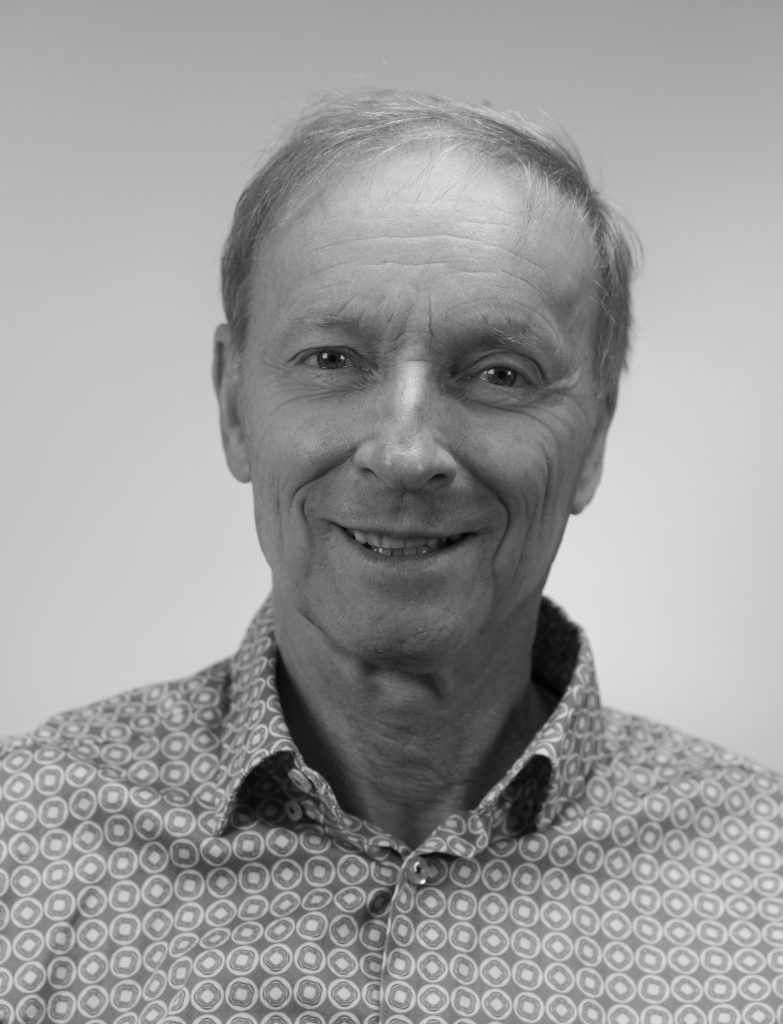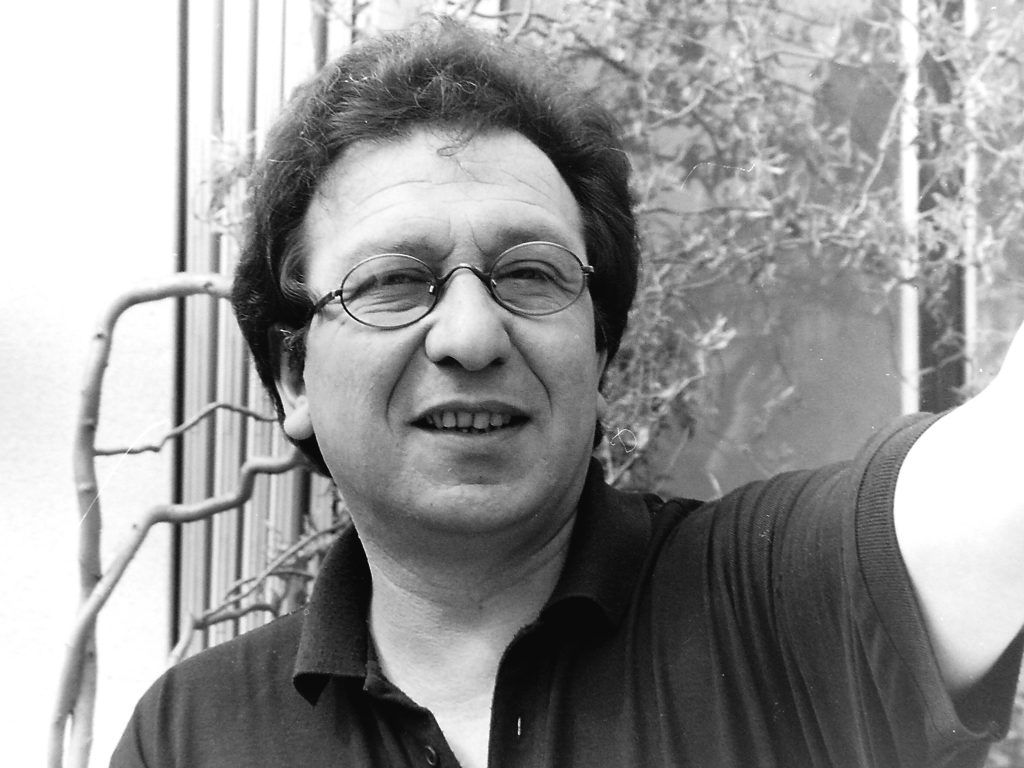Mark Reybrouck
KU Leuven – University of Leuven || Ghent University

Music listening as exploratory behaviour. Conceptual issues and underlying mechanisms
Abstract
The core tenet of this talk is an attempt to redefine music as part of the sonic universe and to naturalize musical epistemology by relying on the innate disposition of human beings to cope with their environmental world. It revolves around the ecological conception of interaction between an organism and its environment, substituting the listener for the organism, and music for the environment. It takes as a starting point a broad definition of music as a temporal and sounding art, considered in vibrational terms as transferable energy that impinges upon our body and our senses. A major aim is to provide a framework for musical sense-making that goes beyond traditional approaches of musical analysis, which rely on explanatory categories that are too narrow to embrace all kinds of music. What is argued for, on the contrary, is an approach that starts from a processual approach to music that redefines the musical experience in terms of exploratory behavior, leaning heavily on older contributions from pragmatic philosophers and ecological psychology as well as on several “turns” in more recent cognitive science. Special attention is given to the relation between music and sound, and the role of attention and ongoing knowledge construction, with a dynamic tension between four major dichotomies: the focal vs. synoptic overview of sounding music, the continuous vs. discrete processing of the sounds, the distinction between sensory experience and symbolic representation, and the real-time vs. outside of time processing of the music. The proposed framework brings together insights from converging but distinct disciplines, relying both on theoretical frameworks and empirical findings.
Biography
Mark Reybrouck studied physical education, physical therapy and musicology. He is actually emeritus professor at the University of Leuven (Belgium) and guest professor at Ghent University (Belgium).
His interests are interdisciplinary with an attempt to bring together insights from the fields of psychology, biology, semiotics and music. His actual research agenda concerns musical sense-making with a major focus on musical semantics and bio-semiotics as applied to music and music and brain studies. At a theoretical level he is involved in foundational work on music cognition and perception, especially the biological roots of musical epistemology and the embodied and enactive approach to dealing with music. Besides this theoretical work, he has been involved in empirical research on representational and meta-representational strategies in music-listening tasks.
He published a considerable amount of papers in internationally reviewed scientific journals and book chapters. He is also author and editor of several books about listening strategies and cognitive strategies for dealing with music as well as edited volumes on musical semiotics and music and brain studies. His most recent contributions cover the field of embodied and enactive cognition and the domains of neuroaesthetics and neuroplasticity as applied to different forms of musical engagement.
Roger Cochini
Université Lille 3 || Ecole Nationale Supérieure d’Art de Bourges

Interactive Listening and Musical Creation
Abstract
Is it important to take a musician in training back to the origins of music? That is, to the natural origins of humankind.
The human being is sensorimotor, and thanks to their sensory system, they can perceive life and use it as a basis for projection, construction, and creation. Therefore, they are naturally predisposed to interactive listening, which has enabled people from all over the world to create music on every continent.
Pierre Schaeffer conducted important research on interactive listening during his work on musique concrète. Typo-Morphology involves analyzing the characteristics, movements, relationships, and structures of sounds in simple and communicable terms. This enables one to fix ephemeral sounds in their mind.
Once a human being recognizes their innate abilities, they begin to perceive, create, memorize, build relationships, play alone and with others, and experience pleasure through these activities. This form of listening is universal.
The presentation will center around the fundamentals of pedagogy, with a particular focus on its applications in the teaching and creation of Electroacoustic music for both children and composition students.
Building upon these foundations, the following will be presented using sound and visual examples:
- A program of activities
- Pedagogical games that combine body movements and cognitive development
- Instruments that enable sound and musical creations
- Examples of children’s sound creations and students’ musical compositions, including Electroacoustic and interdisciplinary music
- Supplementary texts to aid in independent discovery and practice of music
- The relationship between nature, human history, and the nature-culture dynamic
- A listening program for repertoire to be experienced both during and outside of music classes.
Biography
Roger Cochini (1946, Marseille, France) is a French composer of Electroacoustic music. With a musical and scientific background, he is a Engineer in Physics by the National Institute of Applied Sciences of Lyon. He also studied in the classes of Pierre SCHAEFFER and Guy REIBEL as well as at the Conservatoire National Supérieur de Musique de Paris. Being a member of the Groupe de Recherches Musicales (GRM) from 1970 to 1972, and a member of the Groupe de Musique Expérimentale de Bourges (which became IMEB) from 1972 to 1996, Roger Cochini set up a collective electroacoustic music instrument, supporting a pedagogy intended for children and youth.
Founder and head of the Electroacoustic Music and Creation Department at the Bourges Conservatory of Music and Dance since 1983, Roger Cochini was a professor at the University of Lille 3 in the Department of Musical Studies from 1996 to 1999, and at the Centre de Formation des Musiciens Intervenant à l’Ecole from 1996 to 2000, and he has also been teaching Sound Arts at the École Nationale Supérieure d’Art de Bourges.
In addition, he has made a large number of concerts, conferences, publications and international tours.